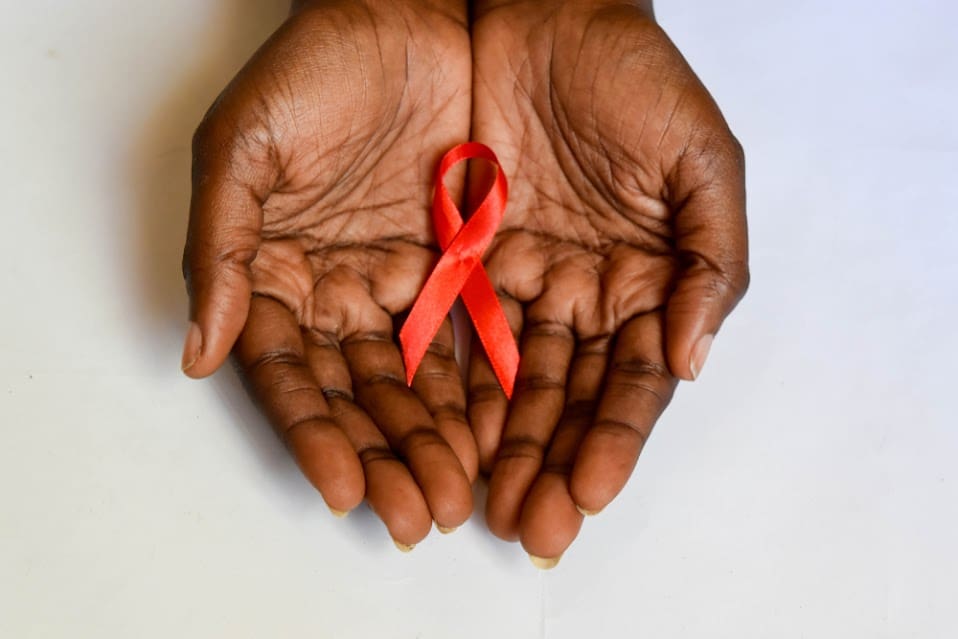The Food and Drug Administration has approved Yeztugo, a revolutionary HIV prevention injection that represents the most significant advancement in HIV prevention strategies in more than four decades. The twice-yearly treatment from Gilead Sciences has demonstrated remarkable success in clinical trials, with 99.9% of individuals receiving Yeztugo remaining free from HIV across both studies, while offering new hope for individuals who struggle with daily medication adherence.
This breakthrough medication, also known as lenacapavir, addresses longstanding challenges in HIV prevention by eliminating the need for daily pill regimens that many patients find difficult to maintain consistently. The injection format provides sustained protection over six-month periods, potentially transforming prevention strategies for vulnerable communities most affected by HIV transmission.
However, the medication’s exceptional clinical results come with significant financial barriers that threaten to limit access for the populations who need it most. The complex intersection of medical innovation and health care economics creates challenges that may prevent this groundbreaking treatment from reaching its full potential impact.
Clinical excellence demonstrates unprecedented prevention success
The clinical trial results for Yeztugo have exceeded expectations across multiple study populations, with 99.9% of individuals receiving the injection remaining free from HIV across both PURPOSE studies. While PURPOSE 1 trials recorded zero infections, the PURPOSE 2 trials showed significant prevention effectiveness, with these combined results representing a dramatic improvement over existing prevention options. These results suggest that widespread adoption of the injection could fundamentally alter HIV transmission patterns, particularly among communities with historically high infection rates.
The medication’s effectiveness stems from its unique mechanism of action and extended duration of protection. Unlike daily oral medications that require consistent adherence to maintain effectiveness, the injection provides sustained drug levels that protect against HIV exposure throughout the six-month dosing interval.
Health care advocates have described the approval as representing the most significant opportunity for HIV prevention advancement since the epidemic began. The potential for this treatment to reduce new infections could have profound implications for public health outcomes and health care costs associated with HIV treatment and care.
Financial barriers threaten equitable access
Despite its clinical promise, Yeztugo faces substantial access challenges due to its $14,000 per injection cost, which translates to $28,000 annually for the twice-yearly prevention regimen. This pricing creates significant barriers for uninsured patients and may strain insurance coverage systems even for those with health care benefits.
The high cost particularly affects communities of color, who experience disproportionate HIV transmission rates while often lacking comprehensive health care coverage. Black and Latino gay men, who represent the populations most likely to benefit from improved prevention options, may face the greatest challenges accessing this treatment due to existing health care disparities.
These financial obstacles could undermine the medication’s potential public health impact by limiting access to the very populations where it could provide the greatest benefit. The disconnect between clinical effectiveness and practical accessibility highlights broader challenges in translating medical breakthroughs into equitable health care improvements.
Policy changes compound access challenges
The approval of Yeztugo occurs amid proposed federal budget reductions that could further complicate access to HIV prevention services. Potential cuts to Centers for Disease Control and Prevention HIV prevention programs and National Institutes of Health research funding raise concerns about the infrastructure needed to support widespread adoption of new prevention technologies.
These policy changes could disproportionately affect community health care organizations that serve vulnerable populations, potentially creating additional barriers to accessing innovative prevention options. The combination of high medication costs and reduced prevention program funding creates a challenging environment for implementing new prevention strategies.
The timing of these policy proposals alongside the approval of breakthrough prevention technology illustrates the complex relationship between medical innovation and public health policy implementation. Success in reducing HIV transmission rates will require coordination between pharmaceutical companies, health care providers, and government programs.
Industry response addresses coverage gaps
Gilead Sciences has announced initiatives to address access barriers, including programs to cover costs for uninsured patients and advocacy efforts to expand insurance coverage for the medication. These pharmaceutical company programs represent important steps toward ensuring broader access, though their long-term sustainability and scope remain uncertain.
The company’s commitment to patient access programs demonstrates recognition that the medication’s public health impact depends on reaching beyond traditional insured populations. However, the effectiveness of these programs will depend on their ability to navigate complex eligibility requirements and reach the communities most affected by HIV transmission.
Community health care organizations are working to develop strategies for integrating Yeztugo into existing prevention programs while addressing the logistical challenges associated with twice-yearly injection schedules and patient follow-up requirements.















